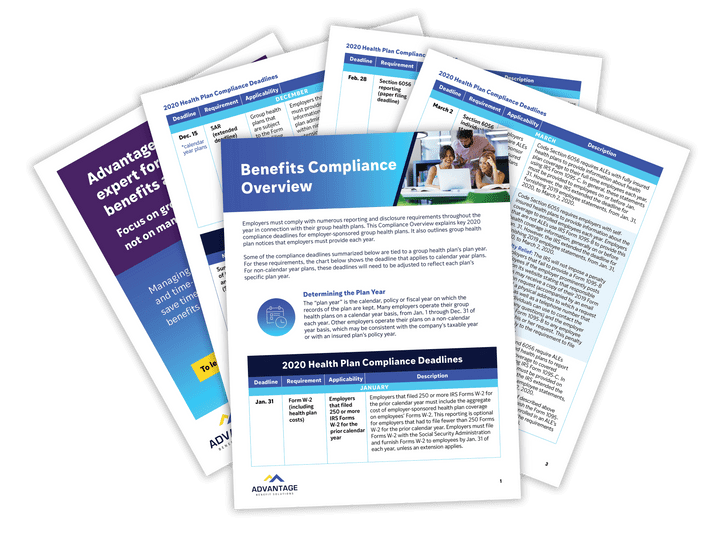Four Common Payroll Mistakes Your Business Might be Making (And How to Avoid Them)
Running a business is incredibly fast-paced. You must continuously make quick-decisions as there are always other important tasks that demand your attention. Because of this inconvenient truth, it is likely that some things will fall through the cracks, and for many growing businesses, that something is payroll.
Unfortunately, paycheck errors are relatively common regardless of business size. These errors can have a substantial negative impact on your business. A study conducted by The Workforce Institute at UKG estimates 49% of American workers will start a new job search after experiencing only two problems with their paycheck. So, the truth is, employee engagement is quite fragile when employers fail to carry out core business functions like payroll.
Simply put, getting payroll right is a big deal – one that reaches well beyond your bottom line. But don’t fear, this article has important information that can help you address this critical issue. Here, we outline the four most common payroll mistakes that businesses often make and how you can avoid them
-
Misclassification
In an attempt to reduce costs, some businesses will classify full-time employees as contractors, but here’s the thing – the IRS knows this, and they are doing what they can to prevent it.
The IRS is issuing substantial fines and other penalties to businesses for misclassifying their employees. Worse than a fine, there have been instances of criminal liability for businesses that willfully misclassify and fail to pay appropriate wages to their employees. The independent contractor classification is determined by many factors. That is to say that it is not determined by preference. If the work that a person is doing is ongoing and it is integral to the startup’s core business, chances are, that person should be classified as an employee.
Additionally, if you have misclassified an employee as an independent contractor and the working relationship doesn’t work out, they could potentially claim that they were not properly paid for their work, and you could, in turn, be held liable. Today, with the shift to remote work, and so many conducting their business from a distance, it is more important than ever that you are getting this right. Make sure you classify your workers appropriately.
-
Wage Deferral
In an attempt to reduce costs, some business leaders may defer wages when raising a financing round, which can lead to substantial tax and legal liability. While this may sound like a good idea in theory, wage and hour laws state that employees must receive at least a minimum wage to be paid in regular intervals.
This means that everyone – including the CEO – must get paid. No one is exempt, regardless of who agrees to have their wages deferred. In a situation where wages were deferred, if the employee decided to contact a lawyer, the employer would have a major claim to deal with including suing and seeking reimbursement for wages, overtime, interest, penalties, and more. Simply put, you have to pay your people on-time, every time.
-
Not Paying Overtime
When paying your employees a fixed salary, it’s easy to think that tracking hours for that employee might not be of concern, and paying overtime is often not even considered. This may come as a shock to some, but we are here to tell you that – regardless of how generous their salary might be – paying an employee a fixed salary does not make you exempt from your overtime requirements. Overtime exemptions are incredibly limited and fall partially on the employee’s duties. That is to say, it’s incredibly unlikely your entire workforce is exempt from overtime.
If an employee were to consult with a lawyer, you could potentially be facing a claim for unpaid overtime. In addition, they could also file claims for failure to keep accurate time records. You need to track your employees’ time, regardless of their pay structure, and you need to compensate them for their overtime hours.
The Importance of Working with a Trusted Payroll Provider
Making payroll mistakes can put your business at risk for compliance violations and result in costly fees, but it doesn’t stop there. Payroll mistakes can be damaging to employee morale and have major effects on your employer brand. So what can you do?
As we mentioned at the beginning of this article, running a business is fast-paced and incredibly time demanding. It’s for these reasons that many growing businesses seek the assistance of a payroll provider to handle their payroll needs. A payroll provider understands all of the rules and regulations surrounding payroll and can help you to prevent anything from falling through the cracks.
If you’re worried about keeping your company compliant, let Advantage handle your books so you can stay stress-free.






